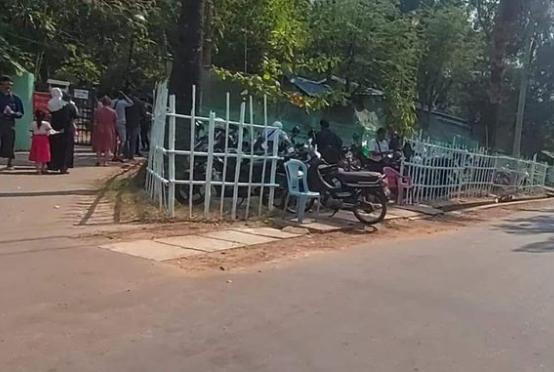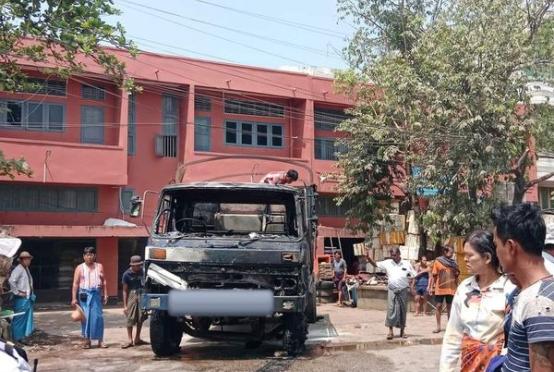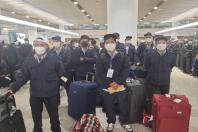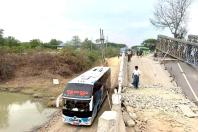The Japan News/ANN - As the coronavirus epidemic continues, a research team released Monday the results of a study on the effectiveness of masks in suppressing the spread of respiratory droplets in classrooms, using the world’s fastest supercomputer, Fugaku.
Three types of masks were tested — nonwoven fabric, polyester and cotton cloth masks — and all were found to be effective.
The team from research institute RIKEN, Kobe University and other institutions examined the extent to which these three types of masks prevented droplets spreading during a single cough. They found that fewer droplet particles passed through the nonwoven fabric masks than the other two, although particles leaked through the cheek and nasal areas.
On the other hand, cotton masks had the largest number of particles pass through them.
In terms of the volume of droplets, about 80% for nonwoven fabric and polyester, and 70% for cotton adhered to the inside of the masks and to the face, thus reducing the diffusion of droplets.
In addition, when the effect of ventilation was examined in a classroom with 40 elementary school students, the air in the vicinity of the children’s faces was almost completely replaced within 100 seconds when all the windows and the door on the corridor side were opened with the air conditioner running.
Makoto Tsubokura, leader of the RIKEN team, said: “Any mask can prevent the diffusion of droplets. Even if it is cooler in the classroom, it is advisable to use air conditioning and ventilation at the same time.















